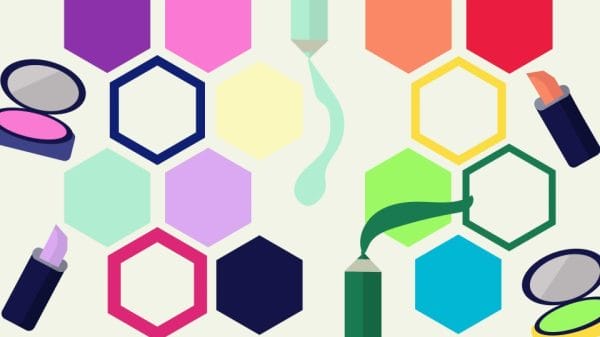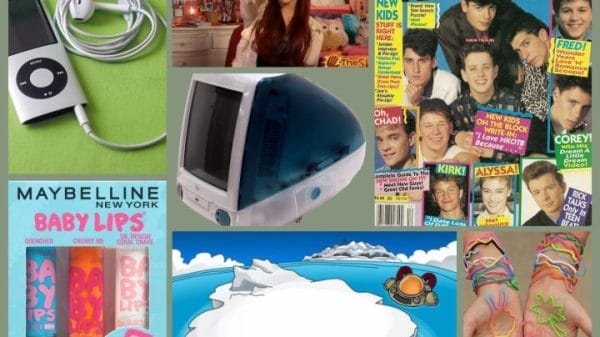Using light-hearted videos, myth-busting snippets of information and even footage of themselves receiving a vaccine, the health-care-professionals-turned-influencers have amassed a huge following of people looking to stray away from the misinformation about the COVID-19 vaccine clogging up the internet.
Even with 70% of young people having taken their jabs in the UK so far, unfortunately, the need to convince more people to change their mind about the jab hasn’t gone away. This is partially due to the great hold that social media and its users have on the opinions of misinformed tweeters and Instagrammers with mass followings.
So, word tends to spread pretty quickly, and people are quite susceptible to believing anything that seems daunting enough to scare them away from following the norm – in this case, it’s getting a jab to build up immunity from a disease that has caused international havoc for almost two years.
However, YouTube is no stranger to this kind of content. As seen above, New Jersey based family physician ‘Doctor Mike’ sought out to disprove the harmful myths about virus in the mere thick of it, and continues to do so for his 5 million + following.
“I actually think that the lack of quality physicians on social media has led to the rise of social influencers pedaling miraculous cures and detox teas and all that,” Doctor Mike stated, adding that, during the pandemic, social media had become “this black hole where doctors aren’t there because they don’t want to be perceived as unprofessional, and as a result, misinformation thrives.”
On our side of the pond, NHS surgeon Amalina Bakri, among many others, took her concerns for her Gen-Z audience straight to TikTok. In an interview, she summarises them like so:
“Social media is a huge part of people’s lives, especially to young people, so they are more susceptible to misinformation. When I spoke to some of these people – the younger generation – and asked them the reason why they were hesitant, it’s because they received messages over the internet or by WhatsApp and chain messages, and even on TikTok about the vaccine.”
Dr Mark Perera, as documented by the BBC, adopted a somewhat different approach to his TikTok content. Perera’s account is filled with flashing lights, flashy filters, kaleidoscopic backgrounds, and lots of dancing. This, he claims, was the best idea he could muster in order to reach his desired target audience – one that is captivated by educational videos with appealing twists and turns.
On the flip side, anti-vax misinformation is everywhere online, and it relentlessly tries to deter young people from finding the more credible information which comes from the doctors themselves. At some point, you’ve probably come across it yourself while scrolling through your For You or Explore page, and, as with other radical movements that have gained traction in recent years, social media’s algorithms make it disturbingly easy to make you change your opinions about sensible things like vaccinations.
In the UK, there are already violent anti-vax protesting arrangements taking place, with the most recent being the protest held in London. This one, in particular, resulted in at least four officers being injured and having to call for reinforcements, according to The Guardian.
Read more: Disability Representation in the Media: Is It Helping Raise Awareness?














